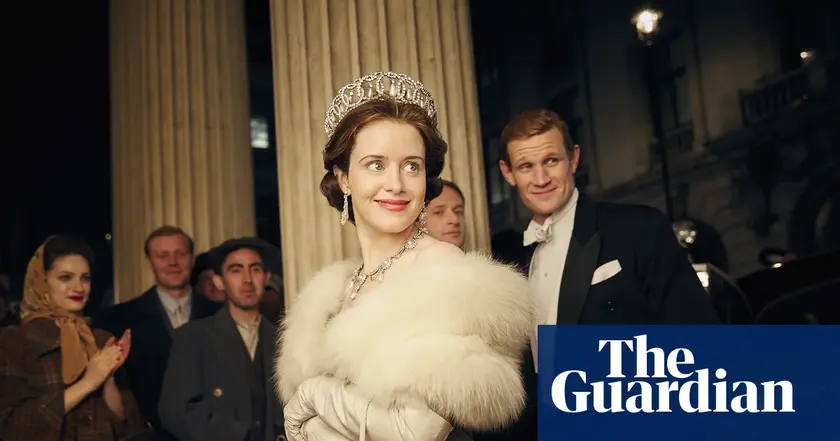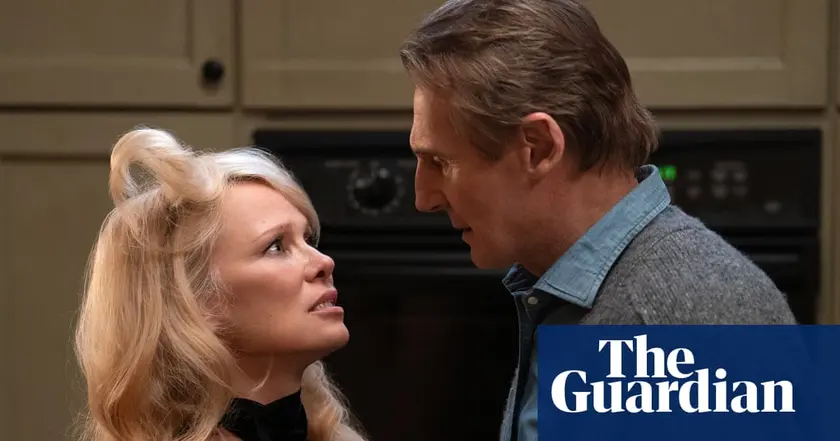T4K3.news
Monarchs on Screen Rated from Worst to Best
A critical look at TV depictions of kings and queens, ranking performances and exploring what they reveal about history on screen.

A sharp look at on screen kings and queens, ranking performances and exploring how TV shapes our view of history.
Monarchs on Screen Rated from Worst to Best
The piece surveys a wide range of royal portraits on television, grouping depictions into best and worst and naming actors who shaped the public image of historic figures. It praises Claire Foy for The Crown as Elizabeth II, Damian Lewis for Henry VIII in Wolf Hall, Eddie Marsan as Edward the Confessor in King and Conqueror, Miranda Richardson as Elizabeth I in Blackadder II, and Jared Harris as George VI in The Crown for their memorable presence.
It also flags notable misfires, including Jonathan Rhys Meyers in The Tudors and David Threlfall in Diana: Her True Story, while calling out other earnest attempts like Carolyn Sadowska in The Women of Windsor, Max Irons in The White Queen and Jane Alexander in William & Catherine: A Royal Romance as uneven or showy. The discussion treats tone, casting, and script as decisive factors, not just the crown or costumes.
Key Takeaways
"Claire Foy gave The Crown its quiet heart"
Praises Foy's restrained Elizabeth II portrayal
"Edward the Confessor on King and Conqueror is a study in unsettling reverence"
Marsan's portrayal described as mesmerizingly odd
"Blackadder II turns royal power into mischievous satire"
Celebrates Richardson's Elizabeth I as bold and funny
"Miscasting can derail a strong narrative"
Warns against weak portrayals in royal drama
Across decades, the demand for memorable monarchs on screen reveals changing tastes from reverent biopics to sly satire. Audiences respond to performances that feel human first and historical second, a balance that often hinges on small, quiet choices rather than grand gestures. The Crown’s steady refrain of restraint set a high bar for depicting duty and public life without slipping into pageantry for its own sake.
The piece also raises questions about the role of humor and sensationalism in royal drama. Satire can illuminate power just as effectively as reverence, but miscasting or overblown theatrics risk erasing nuance and shaping memory in ways that history cannot verify. In short, the best portrayals privilege craft over flash and history over hype.
Highlights
- History is a stage and actors write the lines
- Great monarchs live on screen through quiet choices
- Performance can soften centuries of myth
- Satire can be as revealing as reverence
The stage always welcomes new interpretations, even as it tests the line between history and storytelling.
Enjoyed this? Let your friends know!
Related News

Alabama takes top spot in College Football 26 rankings

Lenovo launches rollable ThinkBook Plus Gen 6

Bristol's GP surgeries secured in patient satisfaction rankings

The Naked Gun set to revive comedy spoofs this weekend

Strictly 2025 lineup analyzed

UK GP survey reveals best and worst practices

Bury GP surgeries rated best and worst by patients
